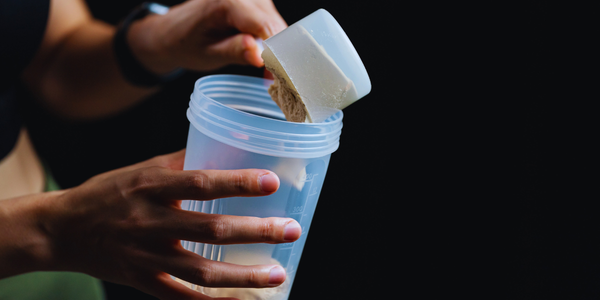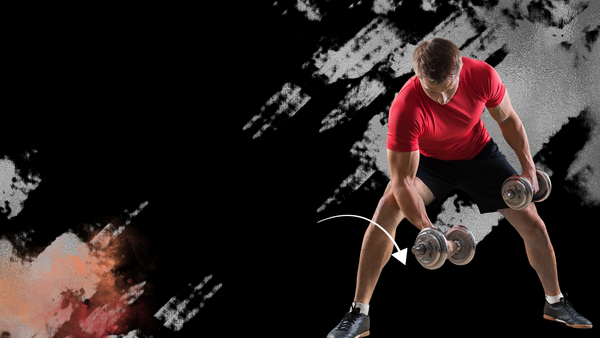
core training
From Aesthetics to Longevity: The New Definition of ‘Fit’ for Men in 2026
For years, being “fit” meant one thing: visible abs. Low body fat. Big chest. Sharp jawline. Social-media-ready conditioning. But in 2026, the definition is changing. Men in their 30s and 40s are asking different questions: * Can I keep up with my kids? * Is my heart healthy? * Will I still be





















